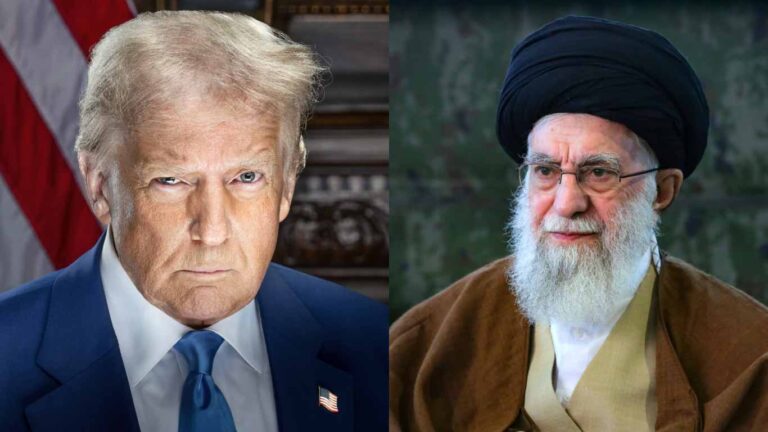 Based on the calculations involving the number of eligible voters, the number of votes that are disqualified on the average and other factors, it appears the ‘minimum threshold’ for entering the 19th Knesset will be about 70,000 votes.
Based on the calculations involving the number of eligible voters, the number of votes that are disqualified on the average and other factors, it appears the ‘minimum threshold’ for entering the 19th Knesset will be about 70,000 votes.
That means if any of the smaller parties vying for seats in Knesset do not earn 70,000 votes, they will not be in the Knesset and those votes will be lost. At one point, a small party could enter Knesset with far less votes, only required to earn one seat, but that was changed in the hope of eliminating some of the smaller parties which were viewed as counterproductive.
The calculations regarding the number of votes that back each seat in Knesset is estimated to be about 30,000.
There are 120 Knesset seats. While it is generally the case, a cabinet member does not necessarily have to be a MK, as is the case with Minister of Justice Prof. Yuval Ne’eman.
(YWN – Israel Desk, Jerusalem)











5 Responses
In the United States, you typically need over 150,000 votes to get a seat in Congress, and they all have to living in the same district. Israeli is one of the easiest countries in the world to get elected to the national legislature.
It is important to note that if you vote for a candidate whose party doesn’t pass the threshold, you have wasted your votes since those votes are thrown out. Thus if a small faction diverts vote from a related party (say, a minor religious party diverting from the major religious parties), and fails to pass the threshold, that can significantly weaken the religious parties.
@Akuperma: What you have written is false. Parties ussualy have vote share agreemants with parties close to there so that the left over votes go to a similar party. So actually you are better off voting for a smaller party. Let’s say you vote for Habiyit Yehudy you are likely contribute to vote for the 14th seat if however you vote for likud you are voting to elect there 35(!) best candidate. Additionally if your vote is extra it will go to the next best party.
Can YW explain why there is such a big jump from 30,000 to 70,000? Has the population of eligible voters more than doubled since the last election?
#3 — You did not read the article clearly. It says ONE seat is equal to about 30,000 votes — but a party must win at least TWO seats in order to get into the Knesset. That is why the numbers are so different — one sentence is referring to the amount required to enter the Knesset (i.e. two seats), while the other paragraph is discussing how many votes are needed per seat.
David Sc-I think the meaning is as follows:
There is a threshhold to get into the Knesset; a party needs at least 2% of votes (as of 2006, I believe).
It is estimated that 2% of the valid votes cast will work out to about 70,000. (ie there will be 3.5 million eligible votes) However, every seat costs less than half of that (ie 1/120 of the votes cast=0.83%) which would work out to about 29-30,000. So if a party breaks the threshhold, they will have at least two seats.